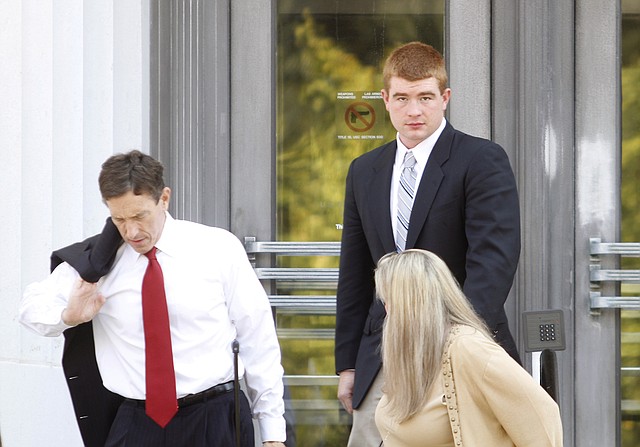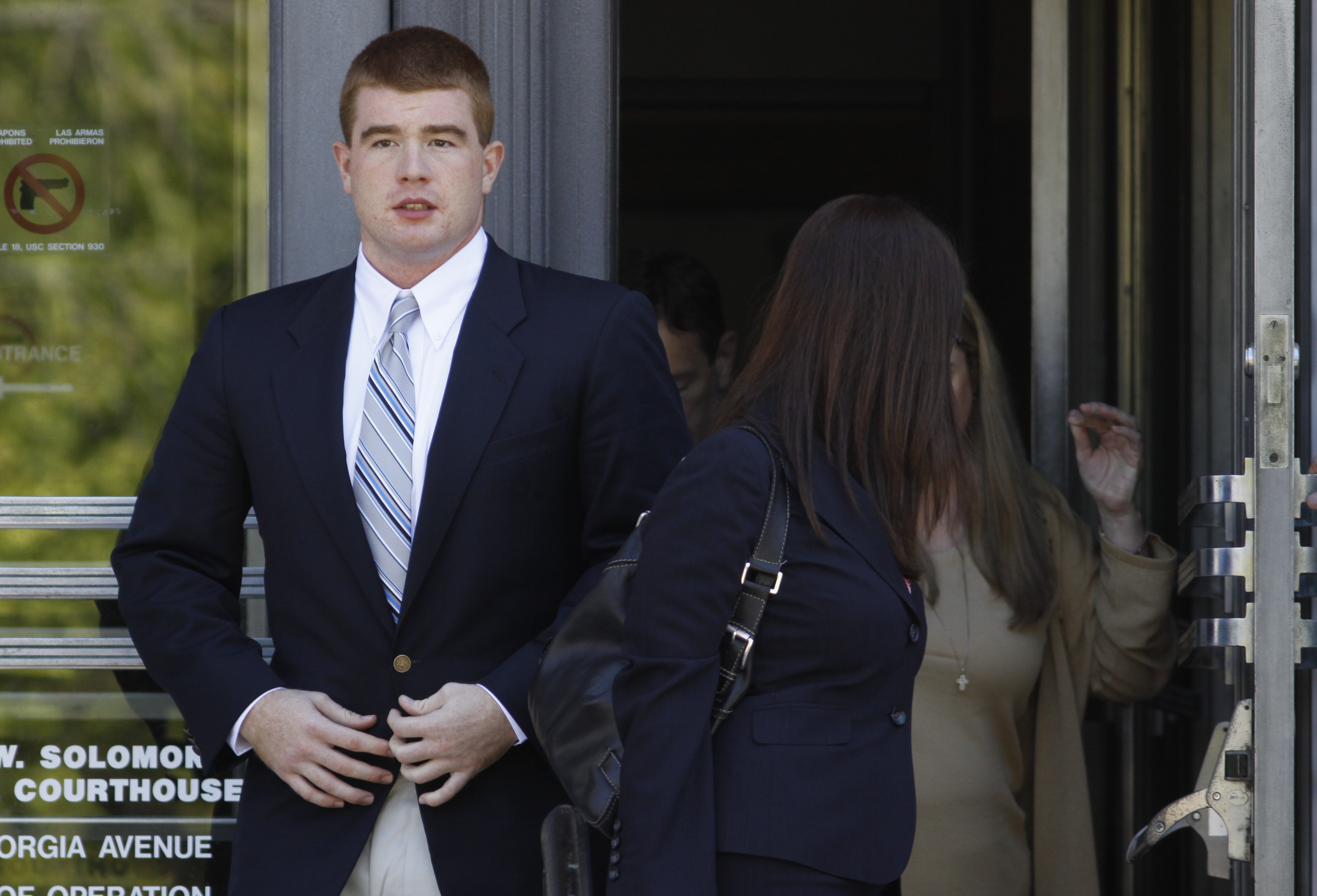Arguments end today in $3 million Sewanee lawsuit
Friday, January 1, 1904
A jury will hear closing arguments today in the federal trial against a local university being sued by a former student for $3 million over the school's handling of a rape accusation he faced in 2008.
The former student, identified only as John Doe in court documents, alleges the university was negligent by not giving him a fair hearing before his expulsion.
On Wednesday, attorneys for Sewanee: The University of the South, finished questioning two witnesses -- Donna Pierce, the school's general counsel, and Mark Preslar, a Russian language professor who served on the three-member faculty committee that found Doe guilty in September 2008.
Doe's Washington, D.C.-based attorney Charles Wayne questioned Preslar about what the committee saw, knew and considered during the hearing.
Preslar said the committee's only concern was whether Doe knew that the woman -- identified only as "A.B." -- was too drunk to consent to having sex.
"That was the only thing we looked at: Did he have the knowledge that she was impaired?" Preslar testified.
After a night of drinking, Doe and A.B. had sexual intercourse in his dorm room on Aug. 29, 2008. A.B. stayed with Doe until about 7 a.m., then left his room and called police to report Doe had raped her.
Doe has acknowledged they had sex but said it was consensual.
On Sept. 16, 2008, A.B. reported the incident to Sewanee Dean Eric Hartman, who began an investigation the following day. She did not pursue criminal charges against Doe and left the campus that semester to seek drug and alcohol treatment.
After filing the lawsuit against Sewanee, Doe learned that A.B. took four different prescription medications for anxiety, depression and narcolepsy.
Wayne sparred with Preslar over whether the professor and the committee should have interviewed a police officer who saw the alleged rape victim four hours before the sexual encounter, knew the alleged victim had been drinking and let her go.
Wayne asked why the committee would not want to speak with the only sober witness who had seen A.B. near the time of the alleged rape.
Preslar answered that the officer had seen the alleged victim four hours before the incident, which wasn't relevant. And the other witness only had seen A.B. walk down a hallway to the dorm's restroom and return to Doe's room after the pair had sex, he said.
The other witness statements and statements from A.B. and Doe were sufficient for the committee to determine that Doe should have known A.B. was too impaired to consent to sex, Preslar said.
But Wayne argued that, because committee members did not call these witnesses, there wasn't any way that they could have known if there were details missing from the hearing.
Doe was told one day before the hearing that he was being charged with violating the school's sexual assault and harassment policy. Hartman told him to prepare a written statement, to consult with his school-appointed adviser and to bring a character witness to the hearing.
The committee found that he had violated the policy and the rape charge meant he would have to leave the school within two days. He was forced to pack his things and leave the next morning.
Doe is suing for $1 million in compensation because he claims the school failed in its contractual duty to protect him.
He's asking also for $2 million for the school's negligence, damage to his reputation and as a means to prevent the university from continuing such practices against other students.


